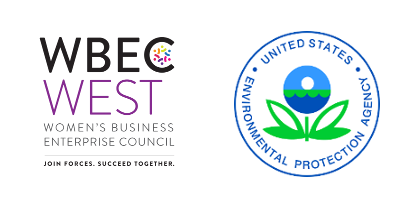Why You Need Proper Hazardous Waste Permitting
In July 2020, the Malaysian government discovered 1,800 tons of electric arc furnace dust (EAFD) illegally dumped along its shores in a record breaking 110 shipping containers. After investigating, authorities discovered the hazardous waste was shipped from Romania and was deliberately mislabeled as zinc. When confronted with the allegations, the Romanian government denied responsibility and refused to repatriate the hazardous waste.
Sadly, this is not an isolated case. As global industrialization increases, so does the illegal dumping of hazardous waste like (EAFD). Improper waste disposal creates lasting harm to the environment, strains international trade agreements, and can result in costly repercussions for the countries and companies involved.
Working with experienced waste disposal companies will help protect the environment, strengthen your brand’s reputation, and ensure the safety of your employees, and that of people around the world.
What Makes Illegal Dumping So Dangerous?
Illegal dumping puts hazardous materials into the environment without oversight or regulation. Plastics, EAFD and other byproducts of manufacturing and industrial processes can leach dangerous chemicals that threaten plant and wildlife, destabilize fragile ecosystems, and poison local populations.
EAFD, a byproduct of steel production, contains zinc, cadmium, and lead. Prolonged exposure to cadmium can cause cancer and negatively impact the cardiovascular, gastrointestinal, and respiratory systems. Similarly, lead exposure can lead to high blood pressure, heart disease, kidney disease, and reduced fertility. Both these metals have high solubility, meaning they can easily dissolve in and contaminate water. This is one of the reasons why the Malaysian government was so concerned about the 1,800 tons of EAFD dumped along their shores.
How Do We Solve the Illegal Dumping Crisis?
Global initiatives like the Basel Convention are already in place to help reduce the illegal dumping of plastics and other hazardous waste like EAFD. The convention was created in 1989 to hold countries more accountable for the waste they created and transported to other countries.
Goals of the Basel Convention
- The reduction of hazardous waste generation and the promotion of environmentally sound management of hazardous wastes, wherever the place of disposal.
- The restriction of transboundary movements of hazardous wastes except where it is perceived to be in accordance with the principles of environmentally sound management.
- A regulatory system applying to cases where transboundary movements are permissible.
Two new amendments, one passed in 2019, and one set to go into effect later in 2021, further curb the types of plastics and other hazardous materials that can be globally transported. Though these measures regulate the transport of hazardous waste such as the EAFD found in Malaysia, they don’t provide guidance on what to do with the materials once they reach their destinations.
Fortunately, there are several highly effective ways to treat and reuse EAFD:
- Treat trace materials like cadmium, lead, and iron oxide with an oxidation process that strengthens the metals and makes them safe to dispose of in landfills.
- Use a Waelz kiln to extract the zinc from the dust, recycle it, and sell it to companies that need it.
- Incorporate EAFD into clay building bricks and asphalt. This process strengthens the construction materials and renders EAFD non-hazardous.
EAFD is just one of hundreds of materials that are under regulation by local and international laws, and for good reason. Industrial waste poses a major threat to global ecosystems, the well being of factory workers, and overall productivity and profits. Thanks to agreements like the Basel Convention, steps are being taken to keep companies and countries responsible for the waste they produce and require eco-friendly disposal solutions.
RTS’s industry experience and vast transportation network make us particularly suited to navigate these international environmental laws and treaties. Contact us today to keep your company at the forefront of responsible waste and reuse practices.
Sources:
https://www.cnn.com/2020/07/20/asia/malaysia-waste-dumping-intl-hnk-scli/index.html
https://www.sciencedirect.com/topics/engineering/electric-arc-furnace-dust
http://www.basel.int/TheConvention/Overview/tabid/1271/Default.aspx



